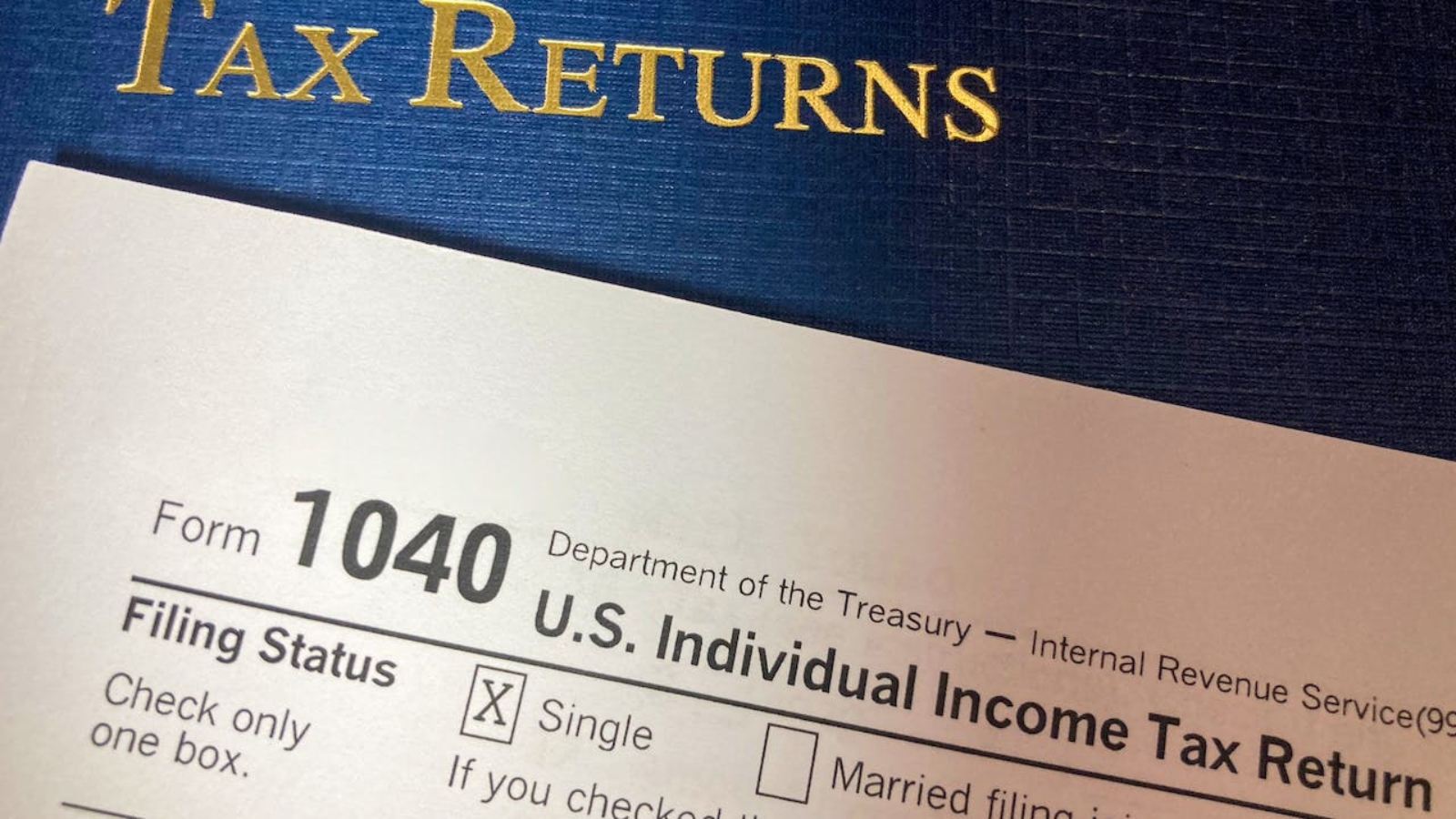HomeBlogFinancial InsightsWhat are the most common IRS n...
Table of Contents
Understanding the Most Common IRS Notices and How to Respond
Receiving a notice from the Internal Revenue Service (IRS) can be unsettling, but understanding the common types of notices and how to respond is crucial for taxpayers. This guide outlines the most frequent IRS notices and provides guidance on the appropriate actions to take.
Demystifying Common IRS Notices: A Guide to Understanding and Responding
Receiving a notice from the IRS can be an unsettling experience, but understanding the purpose and knowing how to respond is key to resolving issues promptly. This guide sheds light on common IRS notices, outlining their implications and offering guidance on how taxpayers can effectively respond.
CP2000 – Proposed Changes to Your Tax Return:
This notice alerts taxpayers to disparities between the income reported on their tax return and information received by the IRS from third-party sources. It proposes adjustments, providing an opportunity for taxpayers to either agree with the proposed changes or submit documentation supporting their original return.
How to Respond:
- Promptly read the notice and comprehend the proposed changes.
- Evaluate the proposed adjustments and gather supporting documentation.
- Respond by the specified deadline, either agreeing to the changes or providing necessary documentation.
CP12 – Changes to Tax Return, Overpayment:
Issued when the IRS identifies errors on a taxpayer’s return resulting in an overpayment, this notice outlines the corrections made and provides information on how to claim the refund.
How to Respond:
- Review the changes made to the tax return.
- Follow the instructions provided to claim the overpayment refund.
- Submit any required documentation within the given timeframe.
Letter 4464C – Verification of Identity:
Sent when the IRS requires additional information to verify a taxpayer’s identity before processing their return. The notice includes instructions on the necessary actions to resolve the identity verification issue.
How to Respond:
- Thoroughly read the notice and understand the identity verification requirements.
- Provide the requested information through the specified channels promptly.
- Contact the IRS if clarification is needed or if challenges arise during the verification process.
Letter 525 – Installment Agreement Accepted:
Confirmation of the acceptance of a proposed installment agreement for taxpayers with outstanding tax debts. The letter includes details about the terms and conditions of the agreement.
How to Respond:
- Carefully review the terms of the installment agreement.
- Ensure compliance with the agreed-upon terms, including timely payments.
- Contact the IRS if there are questions or concerns about the terms.
Letter 1058 – Intent to Levy:
A warning that the IRS intends to levy the taxpayer’s assets due to unpaid taxes. The notice outlines the taxpayer’s rights and options to prevent the levy.
How to Respond:
- Take prompt action to address the outstanding tax debt.
- Explore options such as setting up a payment plan or negotiating a settlement.
- Seek professional advice if necessary to navigate the best course of action.
Letter 12C – Missing Information on Premium Tax Credit:
Sent to individuals who claimed the Premium Tax Credit but provided incomplete or inaccurate information. The notice requests the necessary details to process the claim.
How to Respond:
- Review the notice to identify the missing or inaccurate information.
- Provide the requested details accurately and promptly.
- Contact the IRS if further clarification is needed.
Letter 4310C – Your Refund Is Being Held:
Notifies taxpayers that their refund is undergoing additional review, often due to discrepancies in reported income or claims.
How to Respond:
- Review the notice and understand the reason for the refund hold.
- If additional information is requested, provide it accurately and promptly.
- Contact the IRS for clarification or assistance if needed.
General Tips for Responding to IRS Notices:
- Read Promptly: Open and read the notice as soon as possible to understand the issue.
- Follow Instructions: Adhere to the instructions provided for responding or providing additional information.
- Contact the IRS: Reach out to the IRS promptly if clarification is needed or if there are challenges in meeting the requirements.
Navigating IRS notices requires a careful and timely response. By understanding the nature of the notice and following the provided instructions, taxpayers can address issues effectively and work towards resolution.
Feel free to specify if you would like further elaboration on any particular notice or if you have additional instructions for expansion!
Receiving an IRS notice doesn’t necessarily mean trouble, but prompt and accurate responses are crucial. Understanding common notices and taking appropriate actions can help taxpayers navigate the process with confidence. For personalized guidance, consider consulting with tax professionals at BlazarTax.
Stay informed, stay compliant.




